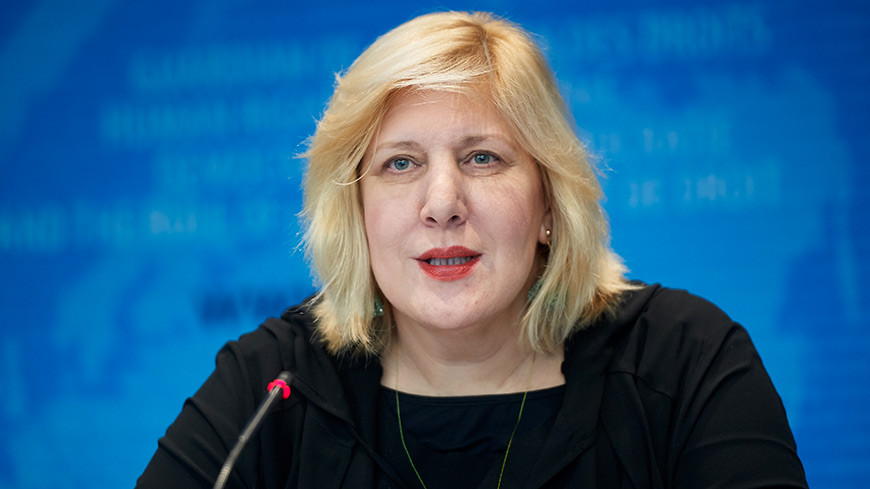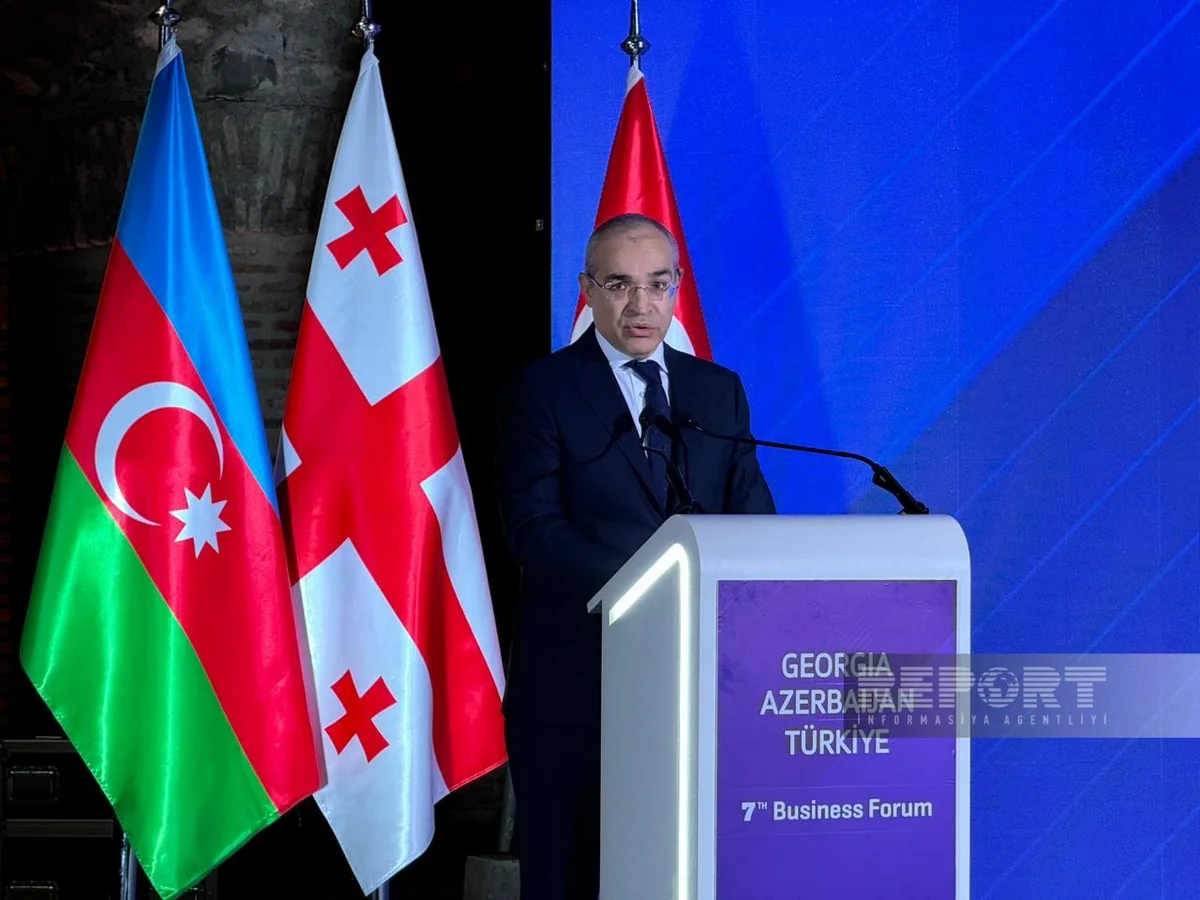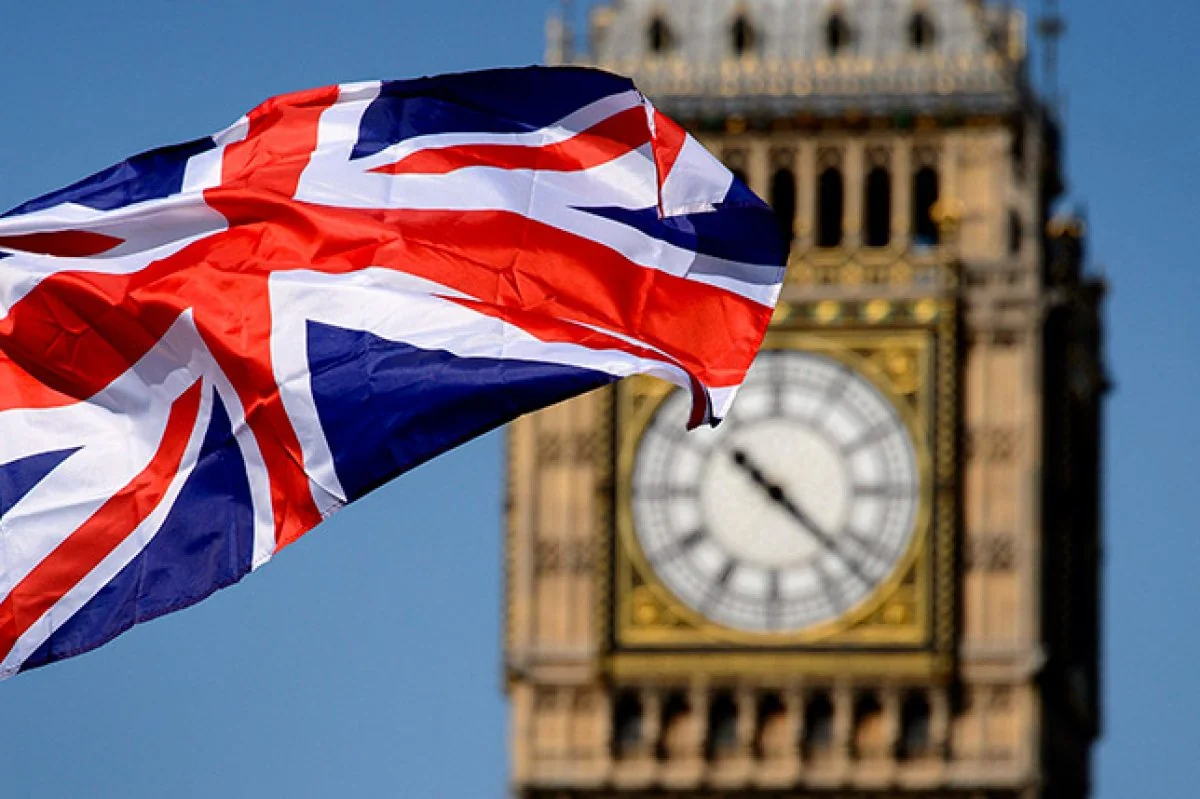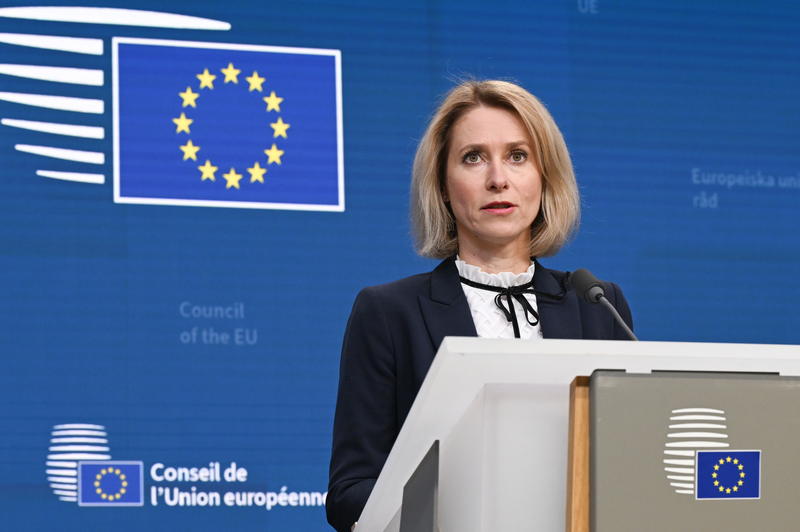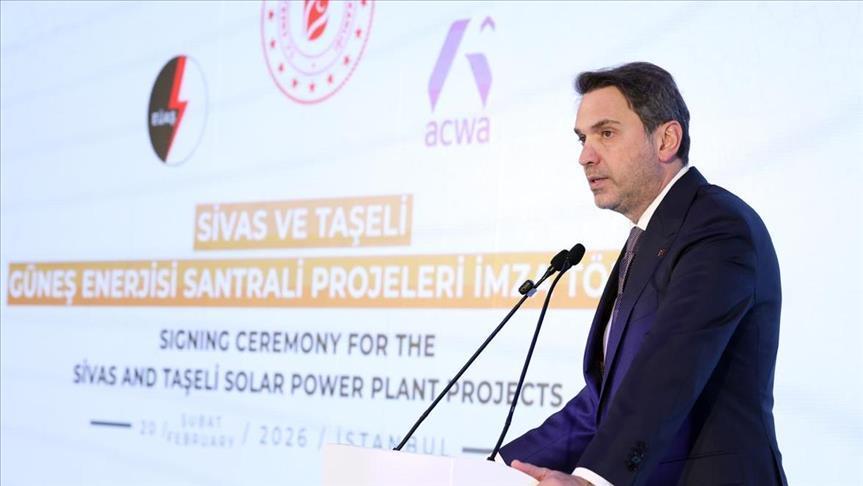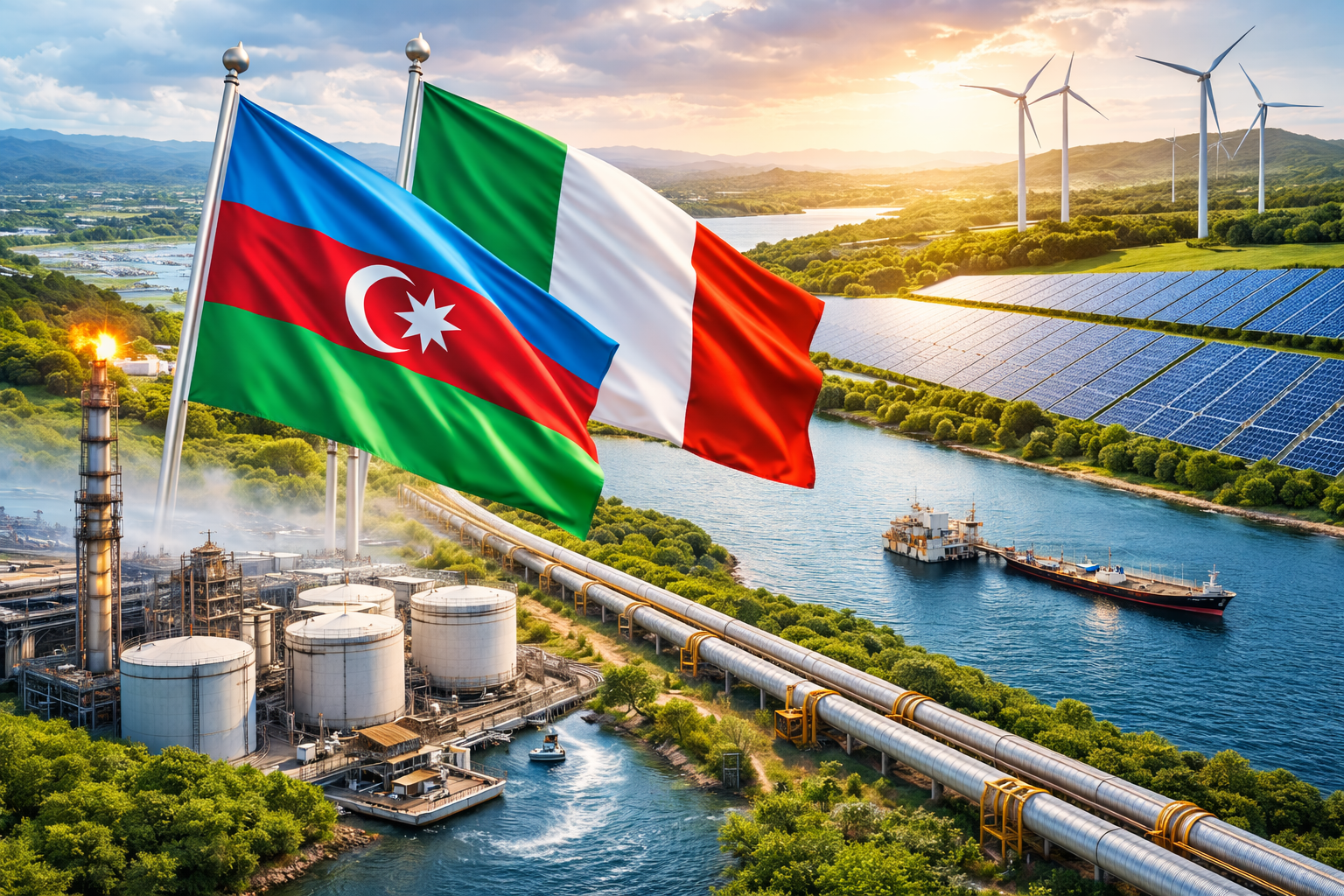In a letter addressed to the Chairman of the Parliament of Georgia published today, Commissioner Mijatović expresses concerns that the adoption of the draft law “On transparency of foreign influence” may have a serious chilling effect on the work of civil society organisations in Georgia.
“Such a legislative initiative raises a number of human rights concerns in the light of the Council of Europe standards on freedom of association and of expression. While transparency may be a legitimate concern, it should not be achieved to the detriment of the effective enjoyment of rights and freedoms by non-commercial organisations and media outlets and of the exercise of their legitimate activities”, says the Commissioner.
In this context, the Commissioner calls on the Parliament to reject this or any similar draft law and to unequivocally commit itself to fostering a diverse and vibrant civic participation in public affairs, as well as a conducive environment for the functioning of civil society organisations and human rights defenders in Georgia.
„I am writing to you in connection with the draft law “On transparency of foreign influence” (N 07- 3/293/10, registered on 14 February 2023). If adopted, the law would provide for the registration of non- commercial legal entities and media outlets as “agents of foreign influence” if they receive some of their funding from abroad. The draft law appears to set a separate legal regime for such entities, subjecting them to additional reporting requirements, inspections and sanctions. I am concerned that such a legislative initiative presents a number of human rights issues in the light of the Council of Europe standards in the field of freedom of association and expression. In addition it could have a serious chilling effect on the work of civil society organisations active in the field of human rights, democracy and the rule of law in Georgia and I therefore call on the Parliament to reject this or any similar draft laws.
While transparency may represent a legitimate concern, it should not be achieved to the detriment of the effective enjoyment by non-commercial organisations and media outlets of their rights and freedoms and of the exercise of their legitimate activities. Reporting requirements should be set up on an equal and non-biased basis regardless of the sources of income.
Any interference in this field must respect the principles of necessity and proportionality as established by the case-law of the European Court of Human Rights. I would also like to draw your attention to the Committee of Minister’s Recommendation on the legal status of non-governmental organisations in Europe, establishing the right of NGOs to solicit and receive funding, including from foreign sources, for the exercise of their legitimate activities. Against this background, I am concerned about the compatibility of the draft law “On transparency of foreign influence” with applicable human rights standards. I would like to underline in this context that the European Court of Human Rights has found a violation of Article 11 of the European Convention of Human Rights in connection with the legislation of the Russian Federation on so-called “foreign agents”. In particular, the Court established that creating a special status and a legal regime for the organisations receiving foreign funding was not justified and that such initiatives placed a significant chilling effect on NGOs and their ability to perform their legitimate civil society functions.
I therefore encourage the members of the Parliament to unequivocally commit to fostering a diverse and vibrant civic participation in public affairs and a conducive environment for the functioning of civil society organisations and human rights defenders in Georgia. I would be grateful if you could ensure that all members of the Parliament receive a copy of this letter and I stand ready to discuss these matters further with you in the framework of my constructive dialogue with Georgian authorities“, - the letter reads.


